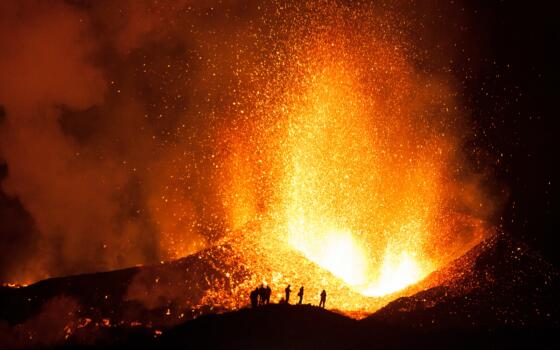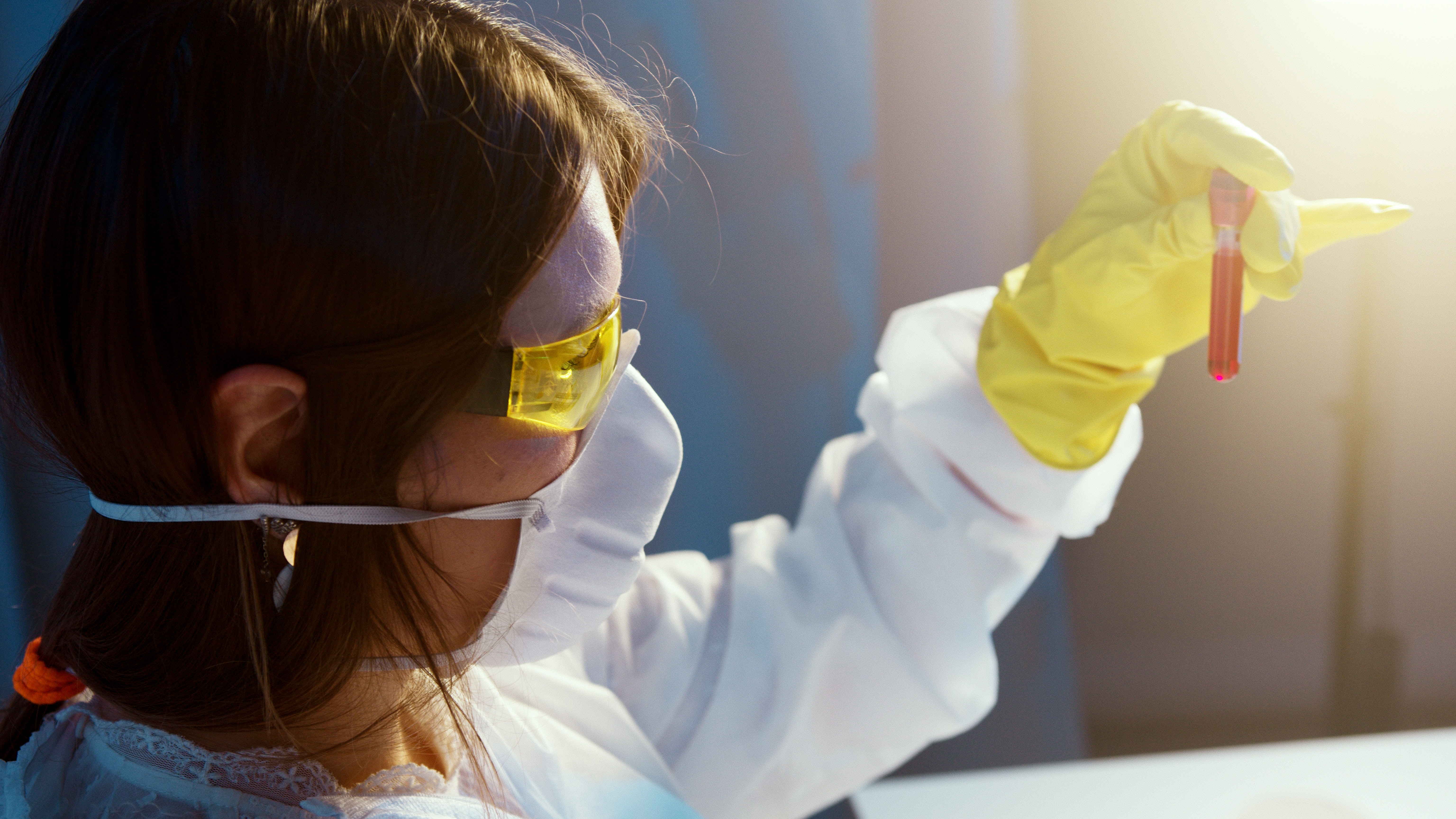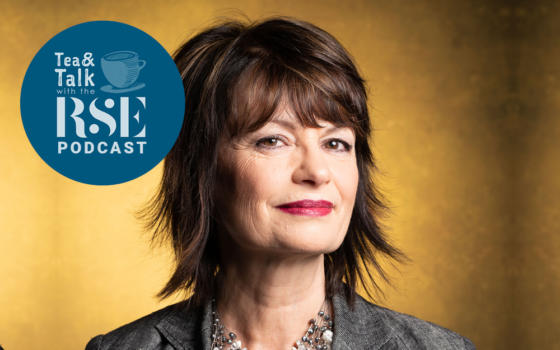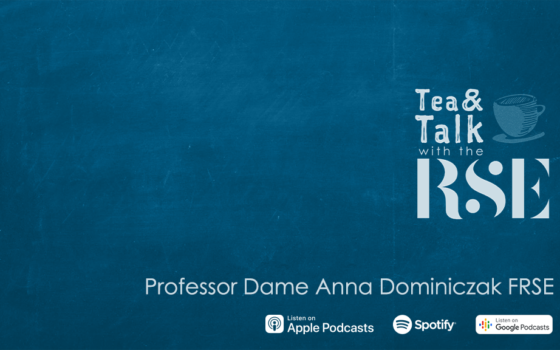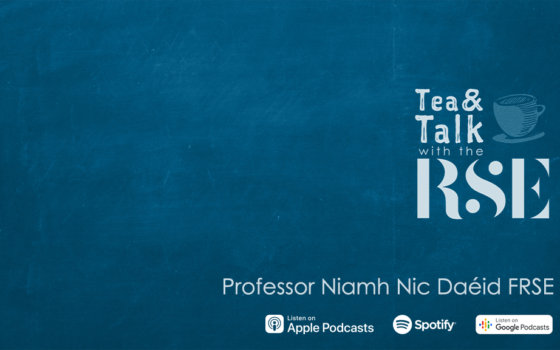The Covid-19 pandemic was a predictable event, even if the timing and exact nature of it could not be foreseen.
Leading scientists had been predicting novel coronaviruses specifically as a threat for the last couple of decades, and by all accounts, they were also aware that severe action had to be taken early on to halt the spread of such viruses.
However, particularly at the beginning of the pandemic, science was not always addressed by policy makers and politicians with sufficient seriousness or understanding to allow the value of the evidence to be used to stem the spread of the virus quickly and effectively.
In the critical early stages, we were told that decision makers were ‘following the science’ or being ‘led by the evidence’, but there was often a lack of transparency about what the science was and how it was being used. By sharing this detail, experts and scientists could have challenged the content constructively and fed in additional expertise which may have led to going into lockdown earlier that we did. Transparency is also important for public trust in both the science and decision-making process as, if we say we are guided by the science, but we don’t say what it is or how it feeds into policy decisions; then science is set up to be the ‘fall guy’ and nobody wins.
I also think that the views of a wider range of scientific disciplines needed to be considered more, particularly those of social scientists and specialists in science communication.
We might have avoided confusion over the meaning of phrases such as, ‘stay alert’ or “lowering the R Number”, had we invited a broader range of voices into discussions earlier when determining how best to communicate these messages and how the public would react. We would also have avoided early damaging assumptions being made that the population would tire of restrictions rapidly.
Indeed, one of the success stories of the reaction to the pandemic has been people’s fortitude in complying with unprecedented restrictions.
As the Chair of the RSE’s Post Covid-19 Futures Commission, we are aiming to help Scotland emerge as positively as it can from the pandemic. Critical to this is exploring the use of data, evidence and science and its role in supporting public debate and participation, and we have set up two working groups specifically designed to examine and consider these two key areas and will deliver our findings and recommendations later on this year.
From my perspective though, decision and policy makers not only have to respect the science, but they have to be open about what science they are using and what they are disregarding. This process has to be communicated well and often. Only then can we have a more resilient and engaged society which can react appropriately and more effectively to this type of threat in the future.
